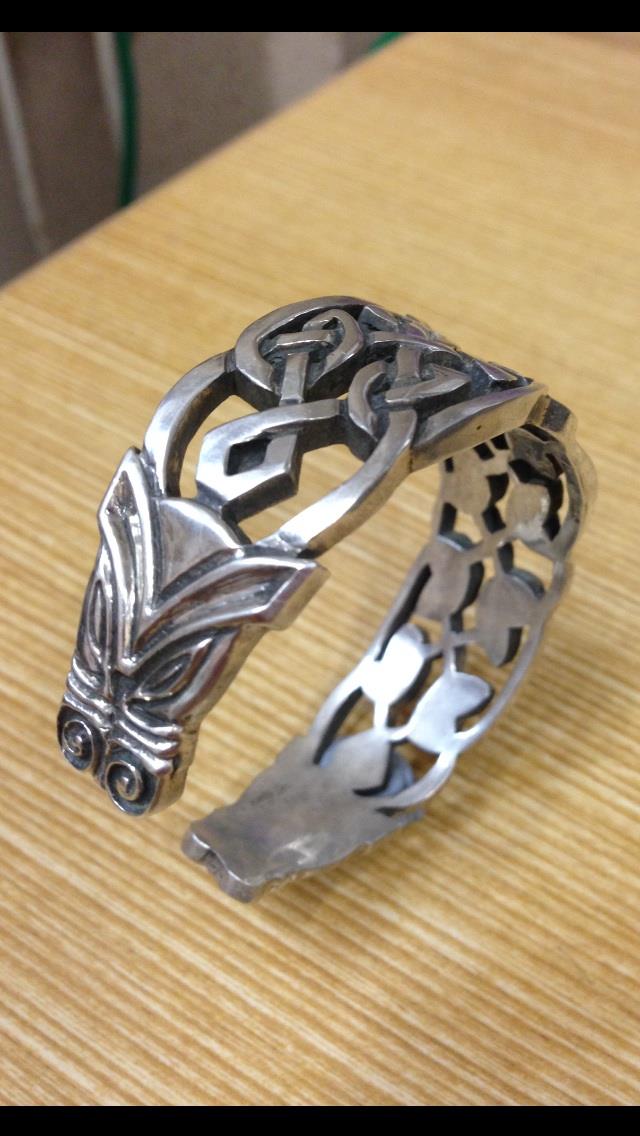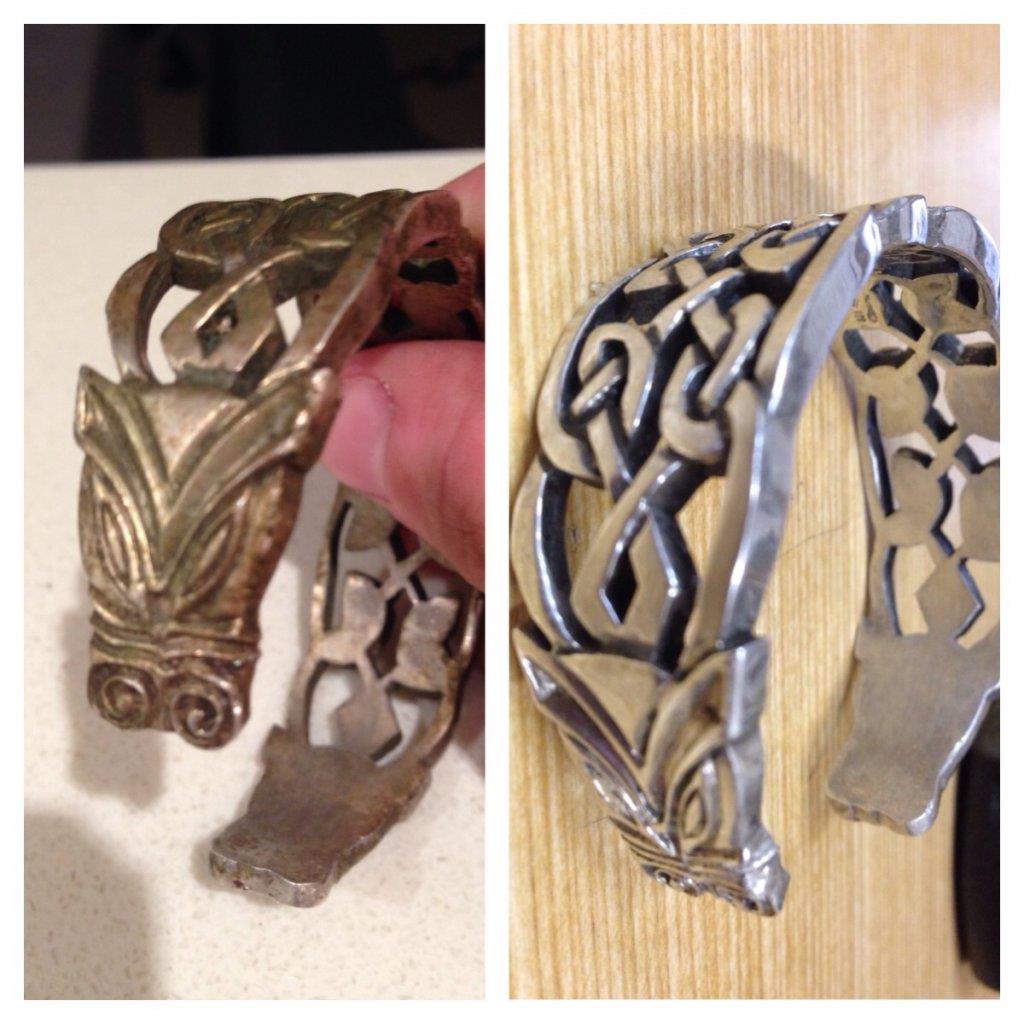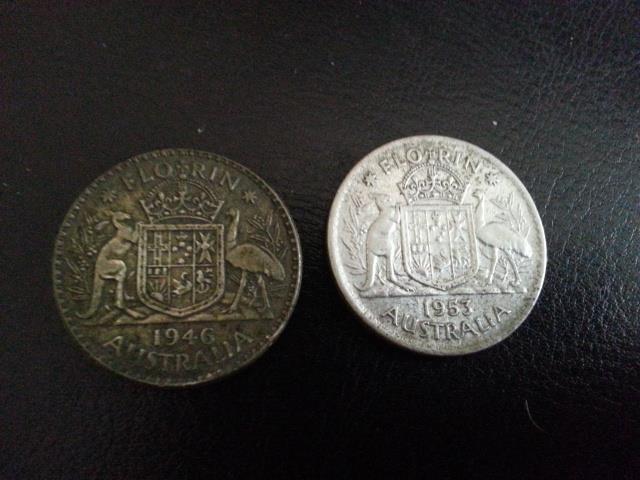- Joined
- Nov 27, 2012
- Messages
- 6,017
- Reaction score
- 1,979
An effective method for cleaning Silver Coins is to get yourself a box of Bi-Card Soda (Baking Soda), adding a very small amount of water to about a tablespoon of the Bi-Carb make a thick paste and lightly rub the paste over the coin until you are happy with the results, repeat as necessary. This method doesn't visibly scratch the coin but as always you consider as to whether or not cleaning the coin will de-value it, I wouldn't recommend cleaning a key date coin for example.
Below is a coin I recently cleaned using the Bi-Carb method, it only took about 2-3 minutes to clean.
Before
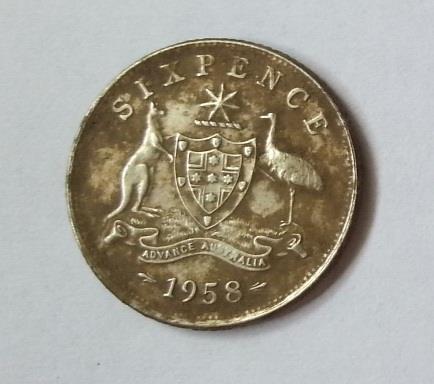
After
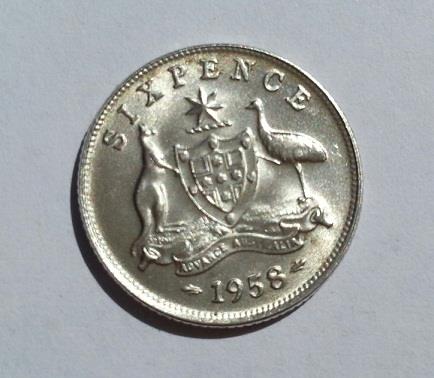
Below is a coin I recently cleaned using the Bi-Carb method, it only took about 2-3 minutes to clean.
Before

After





